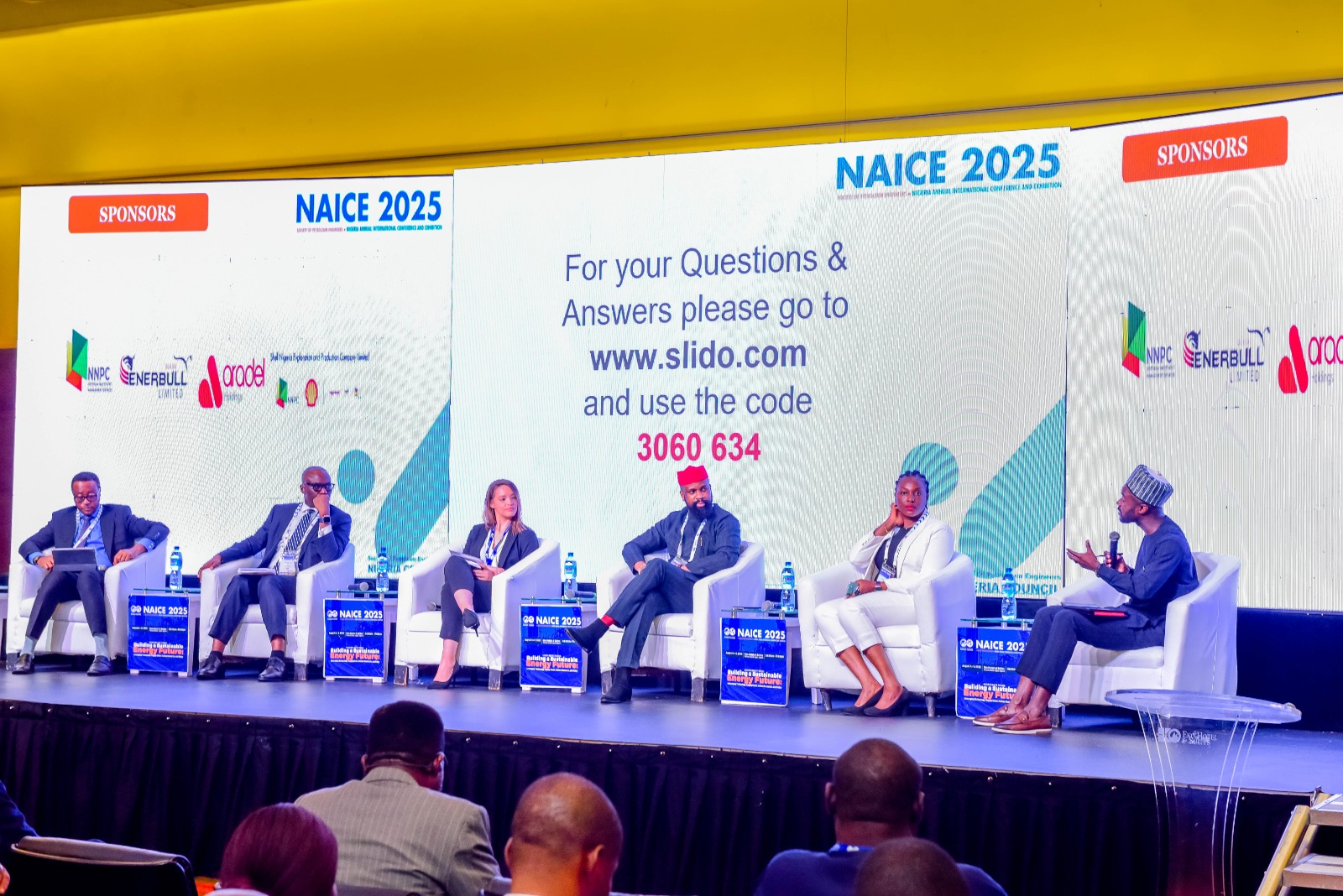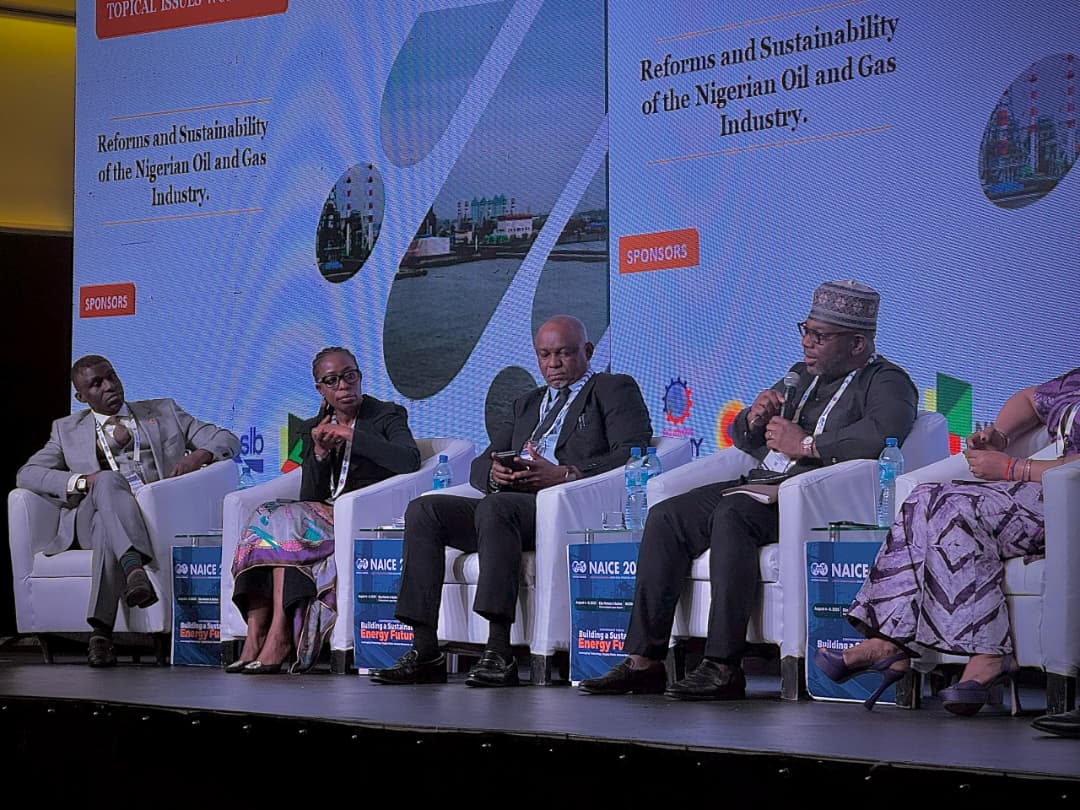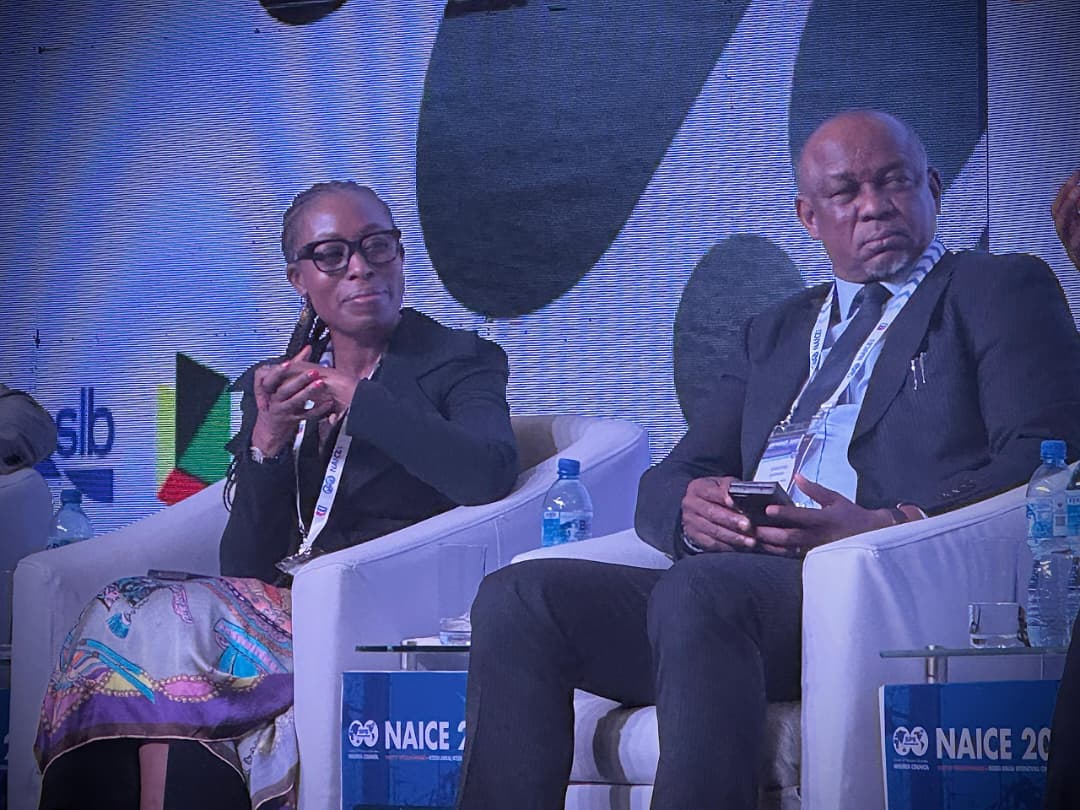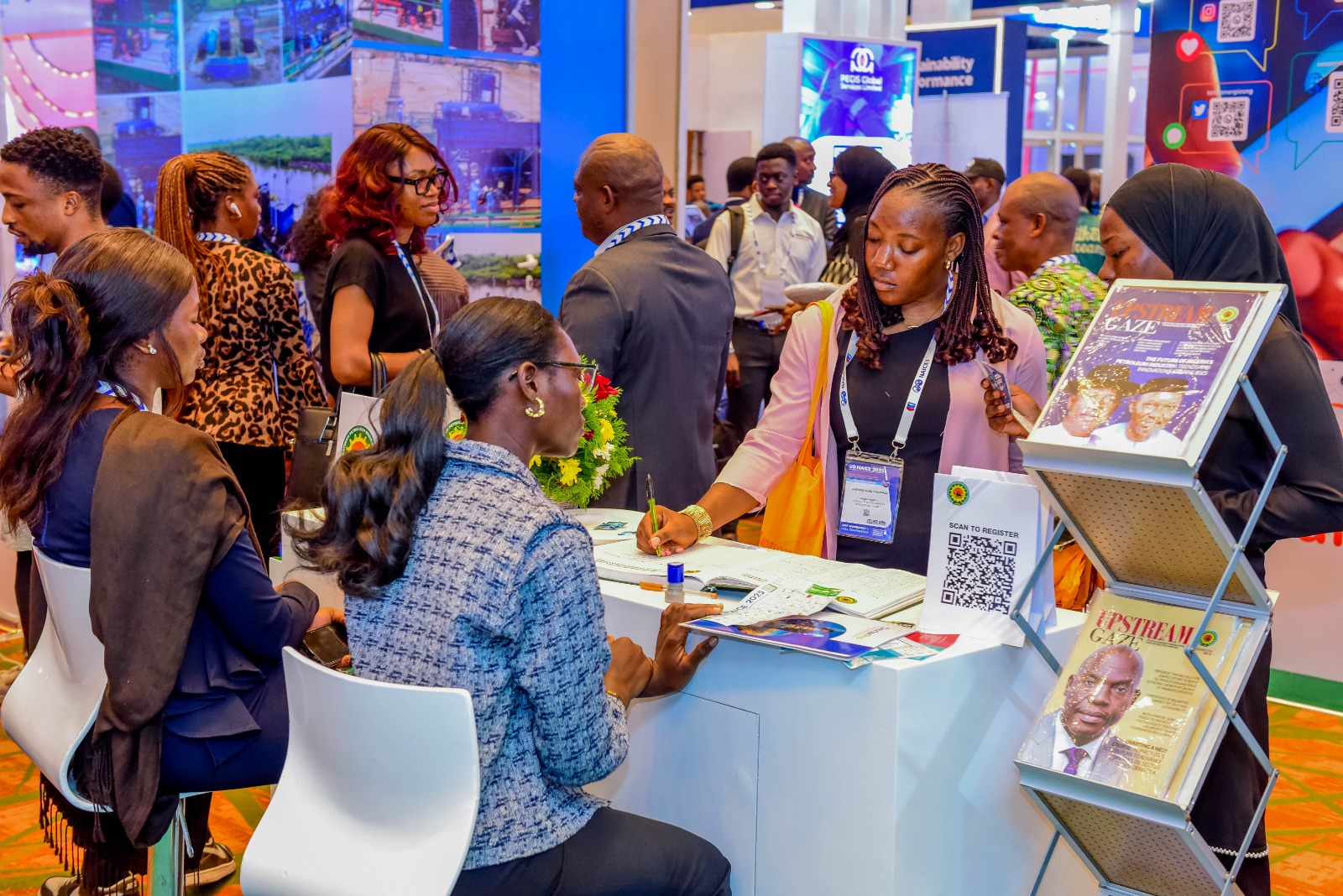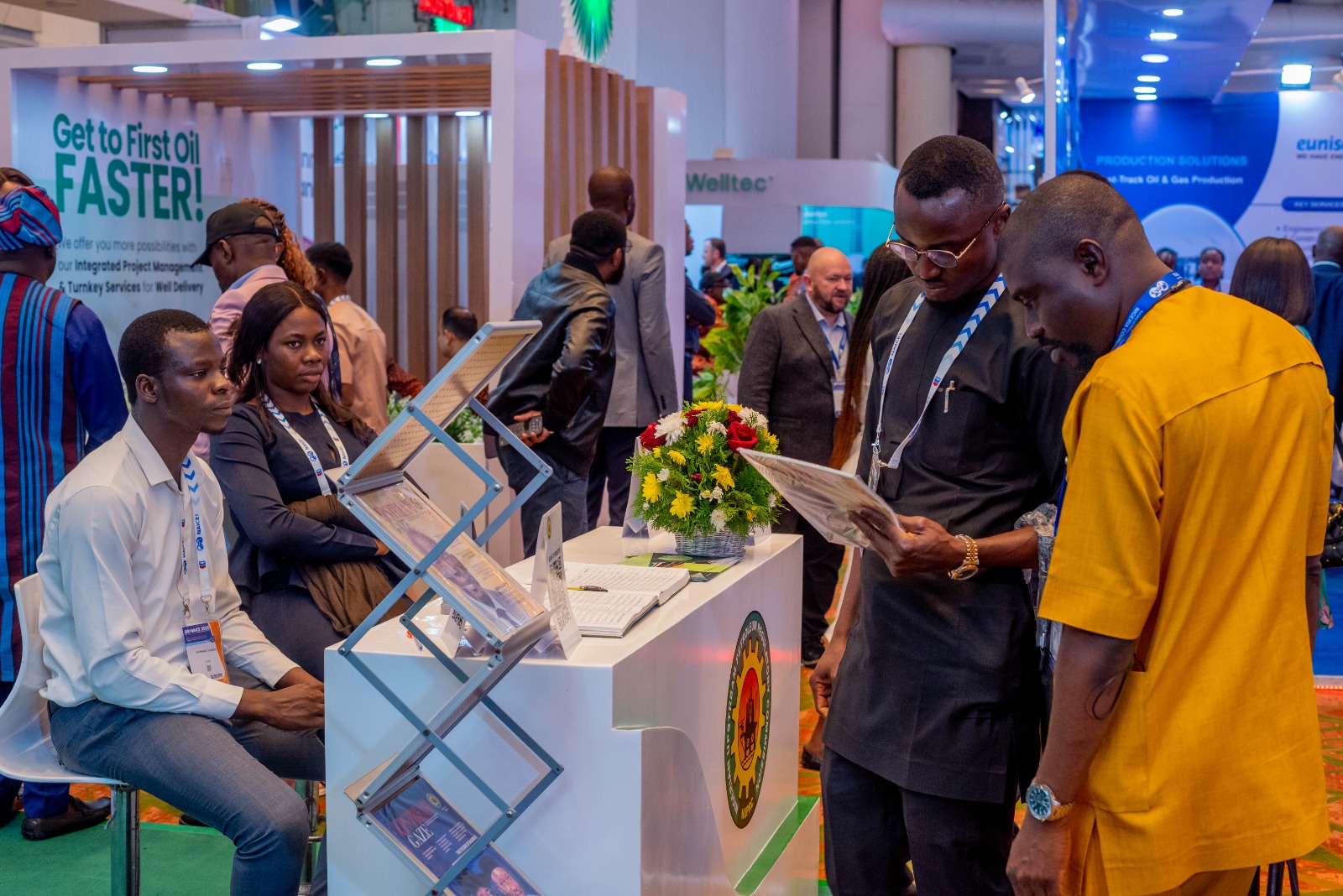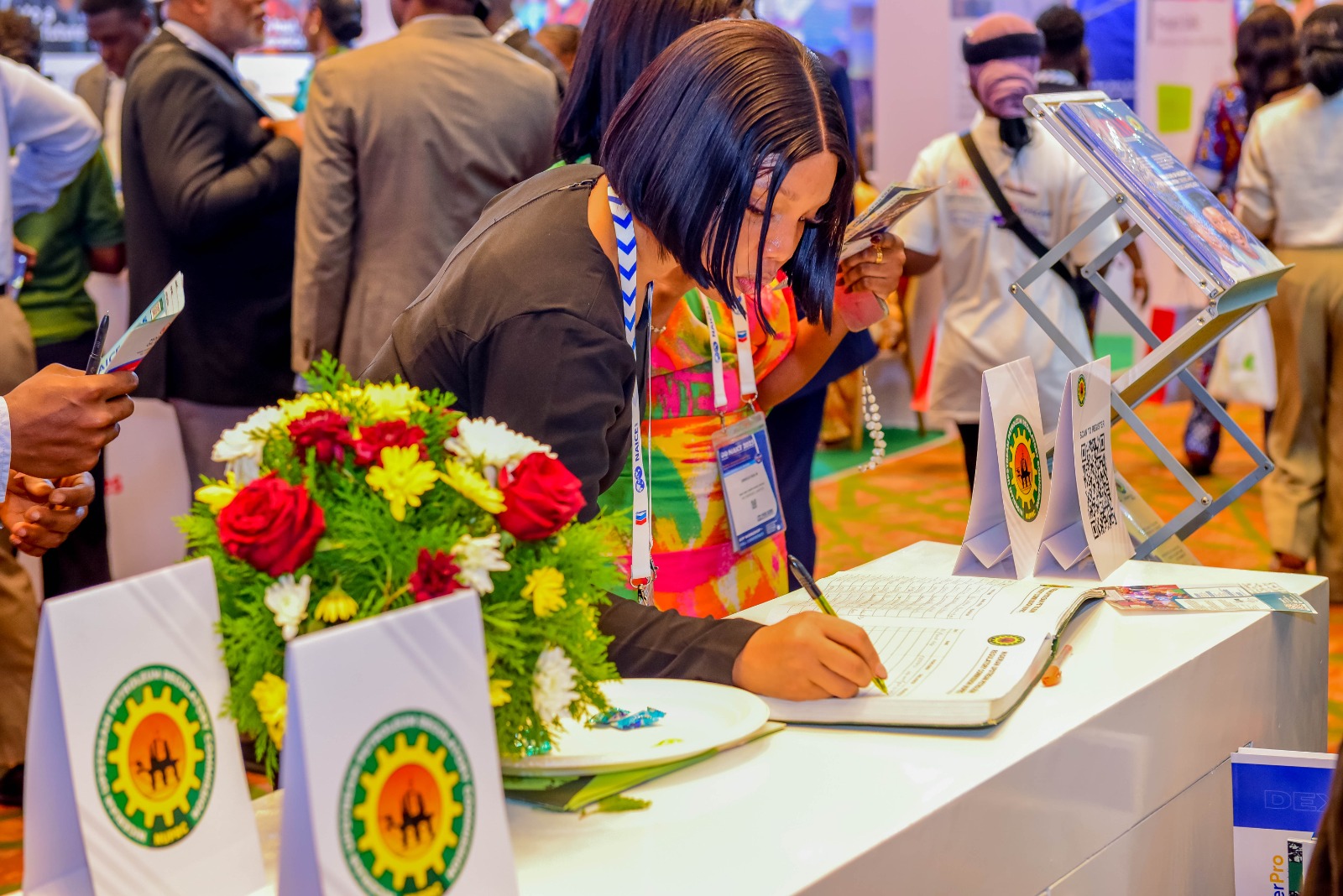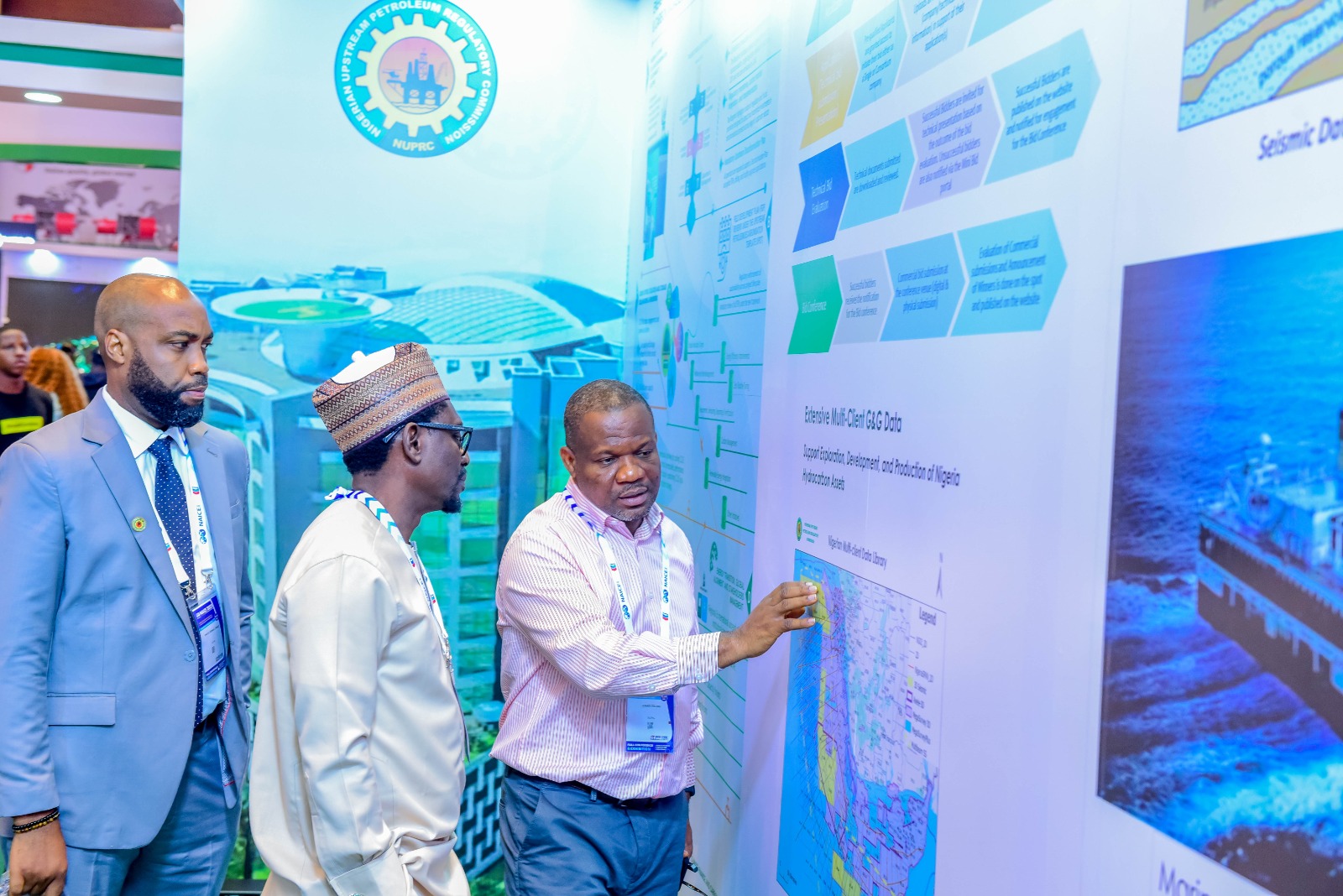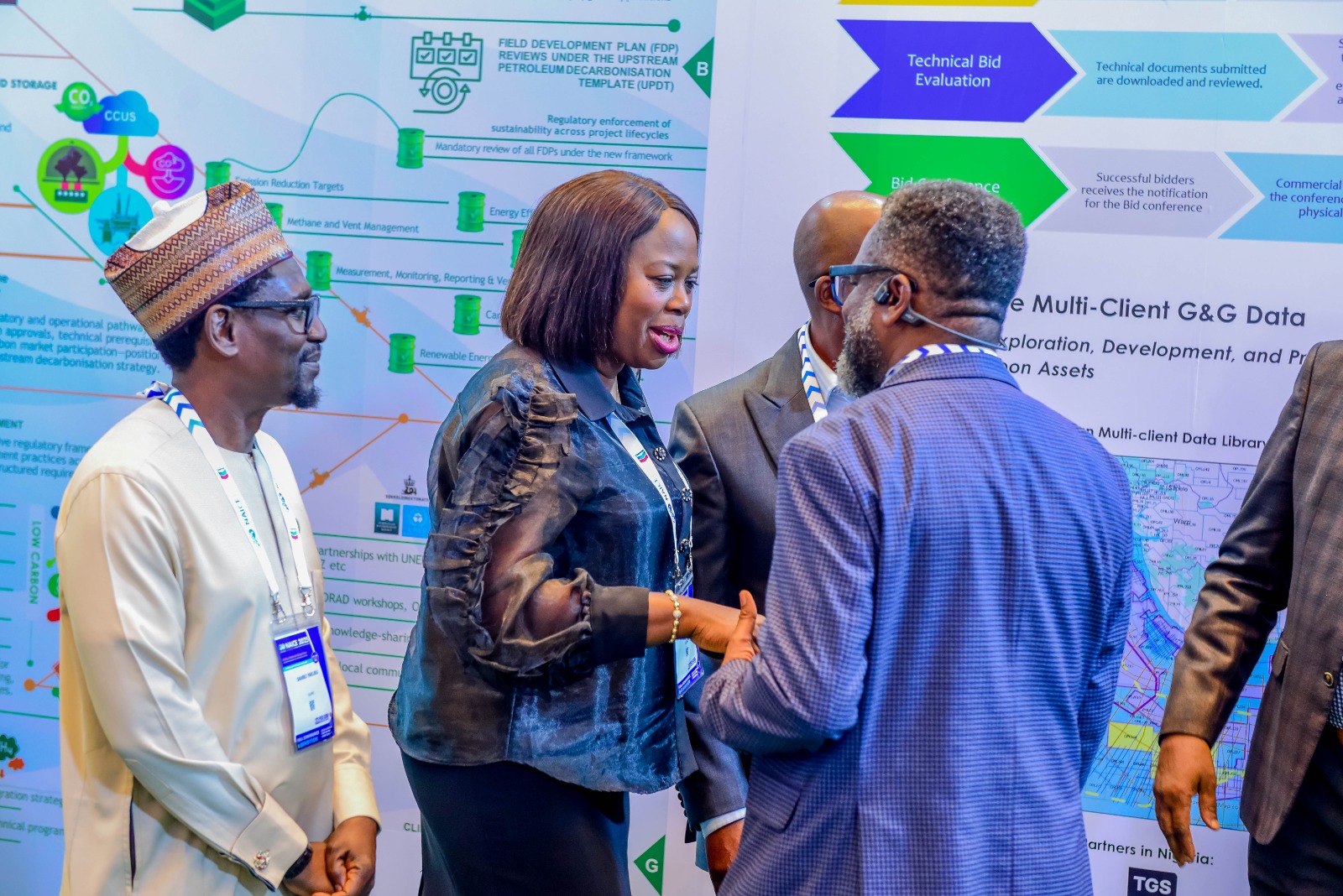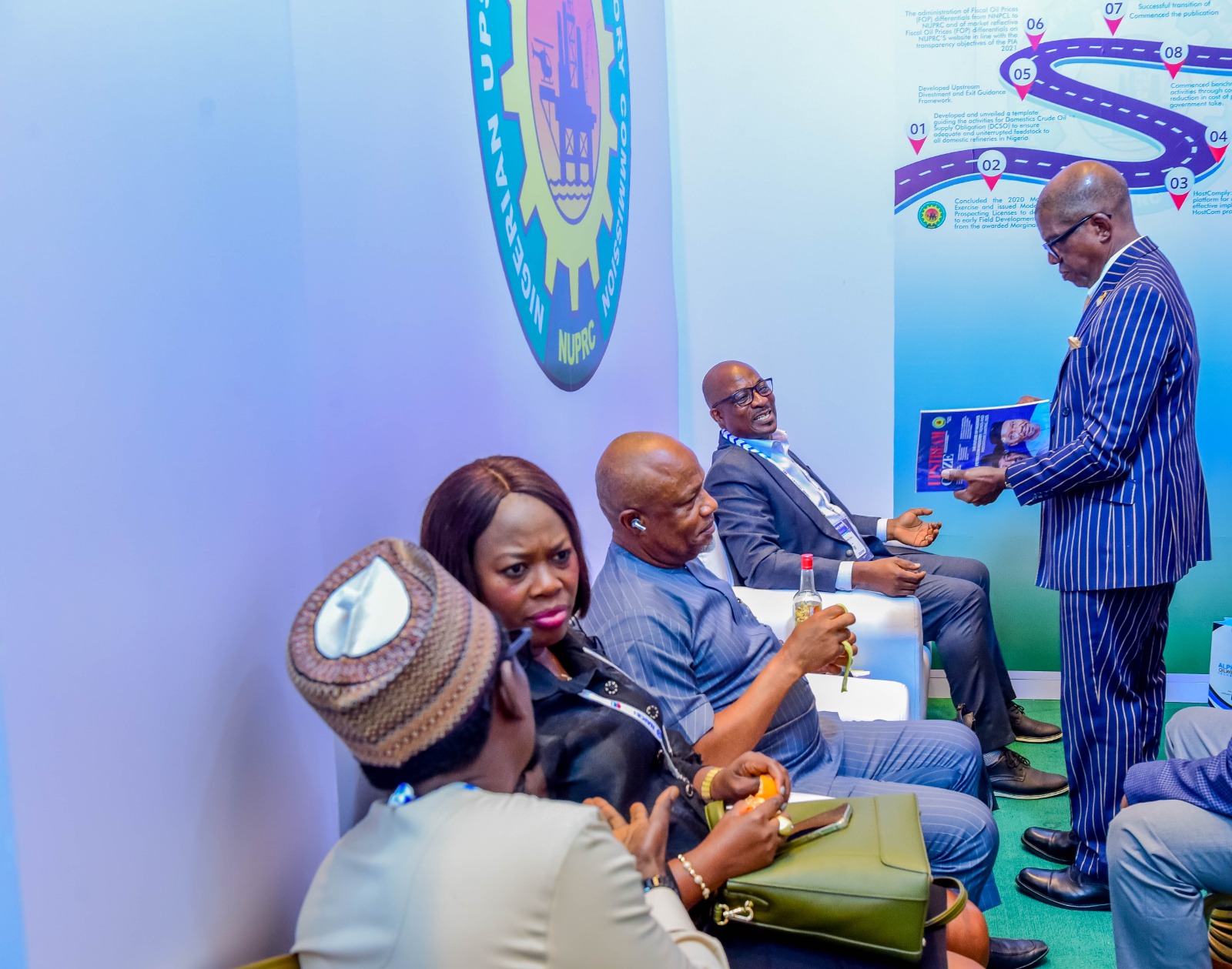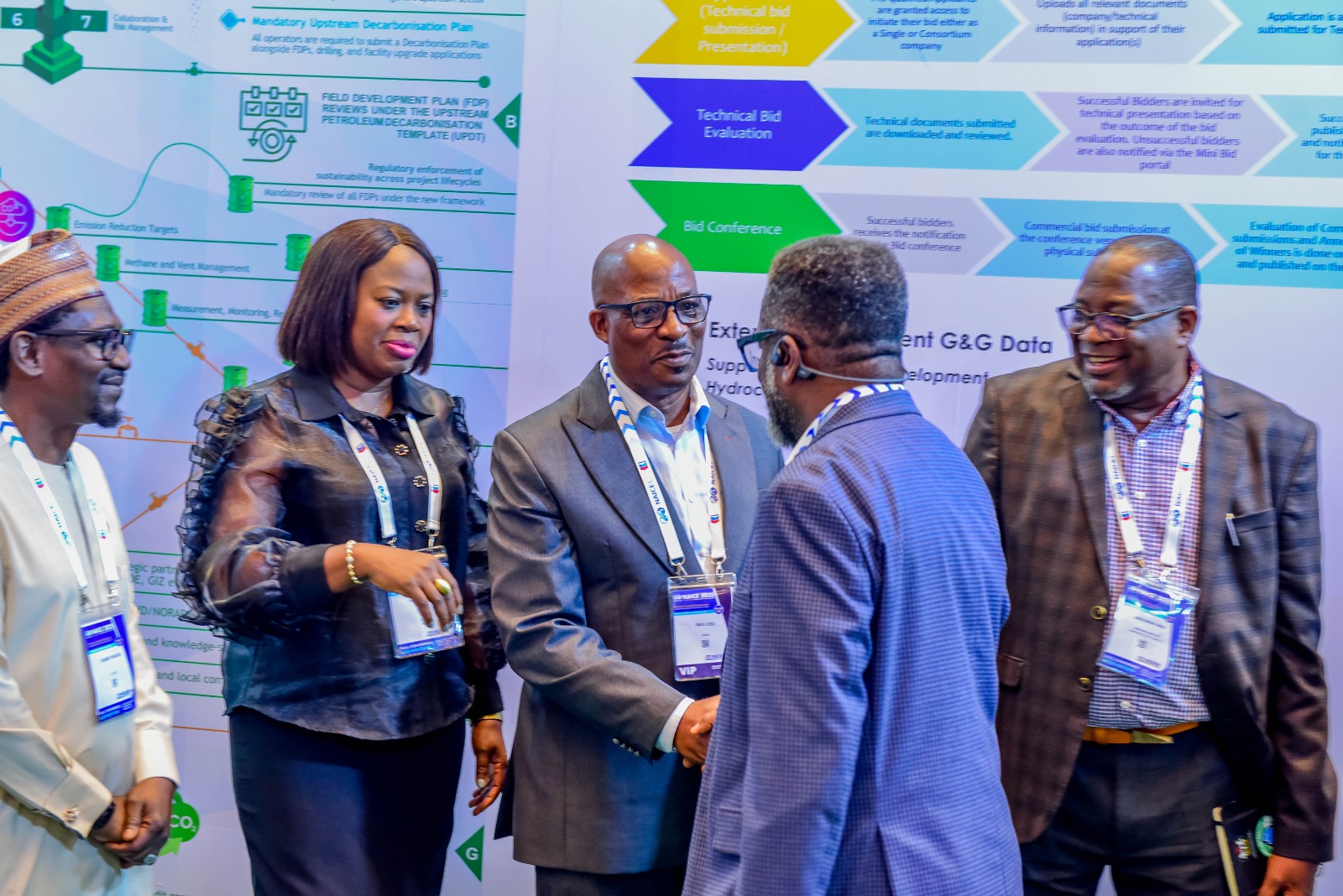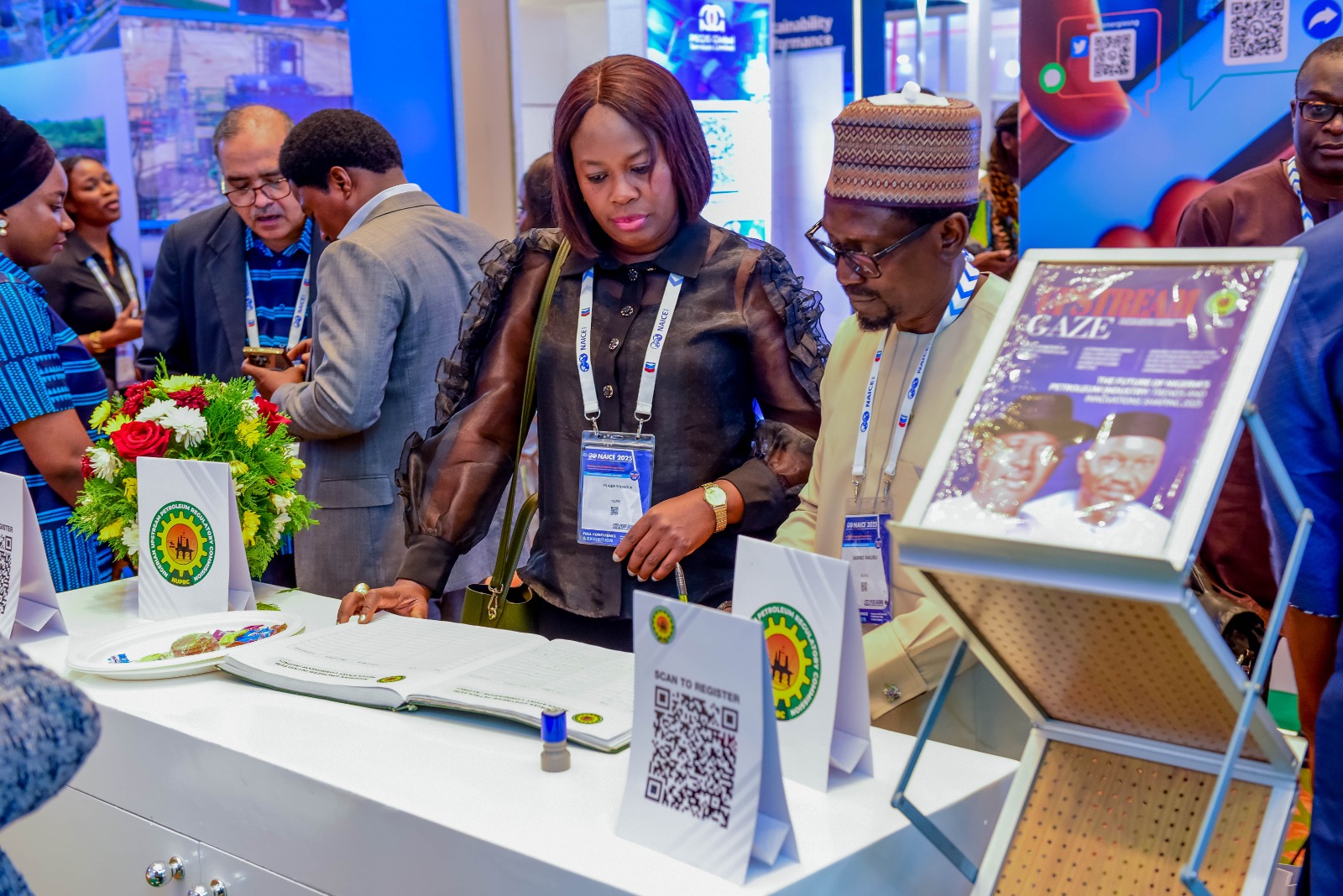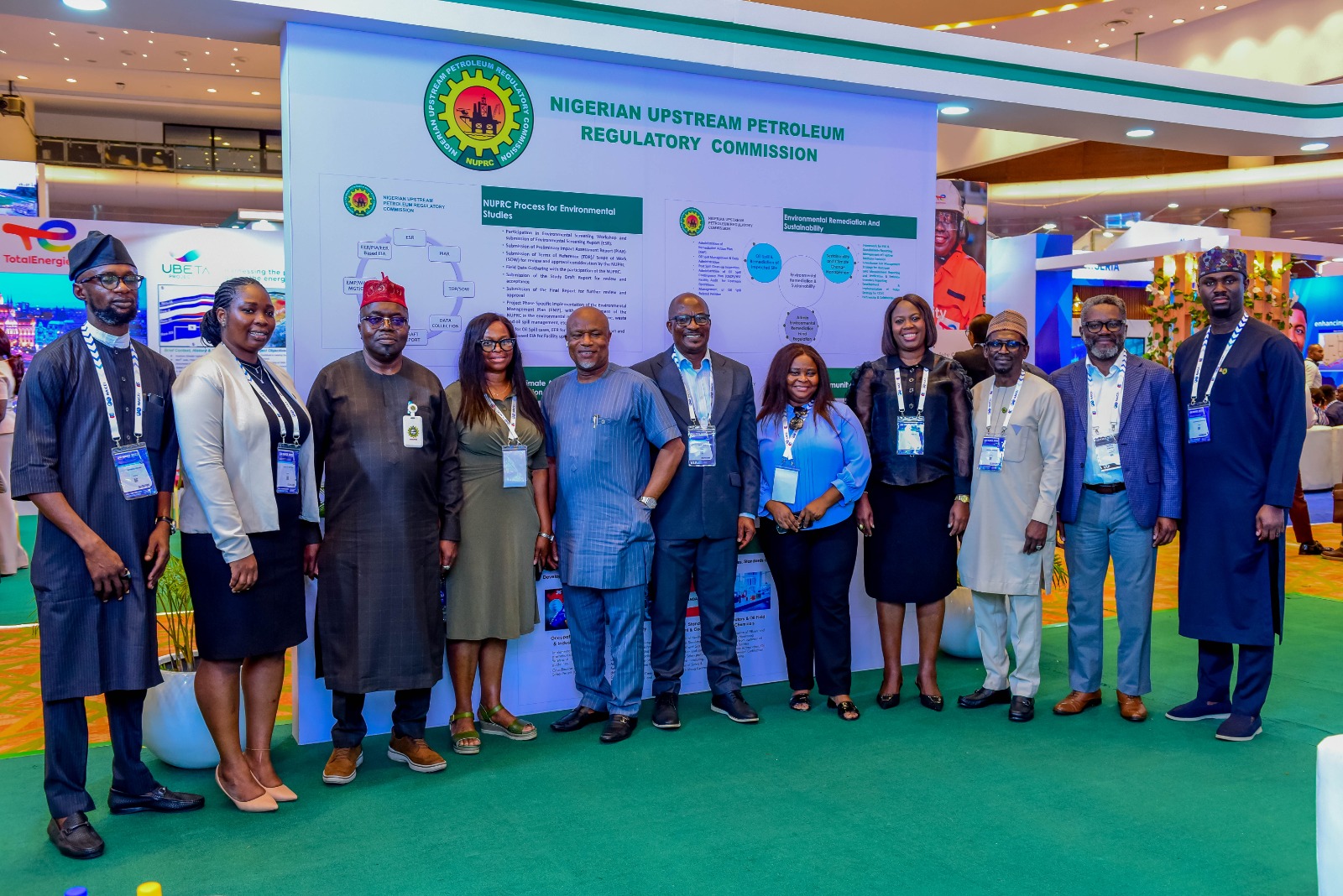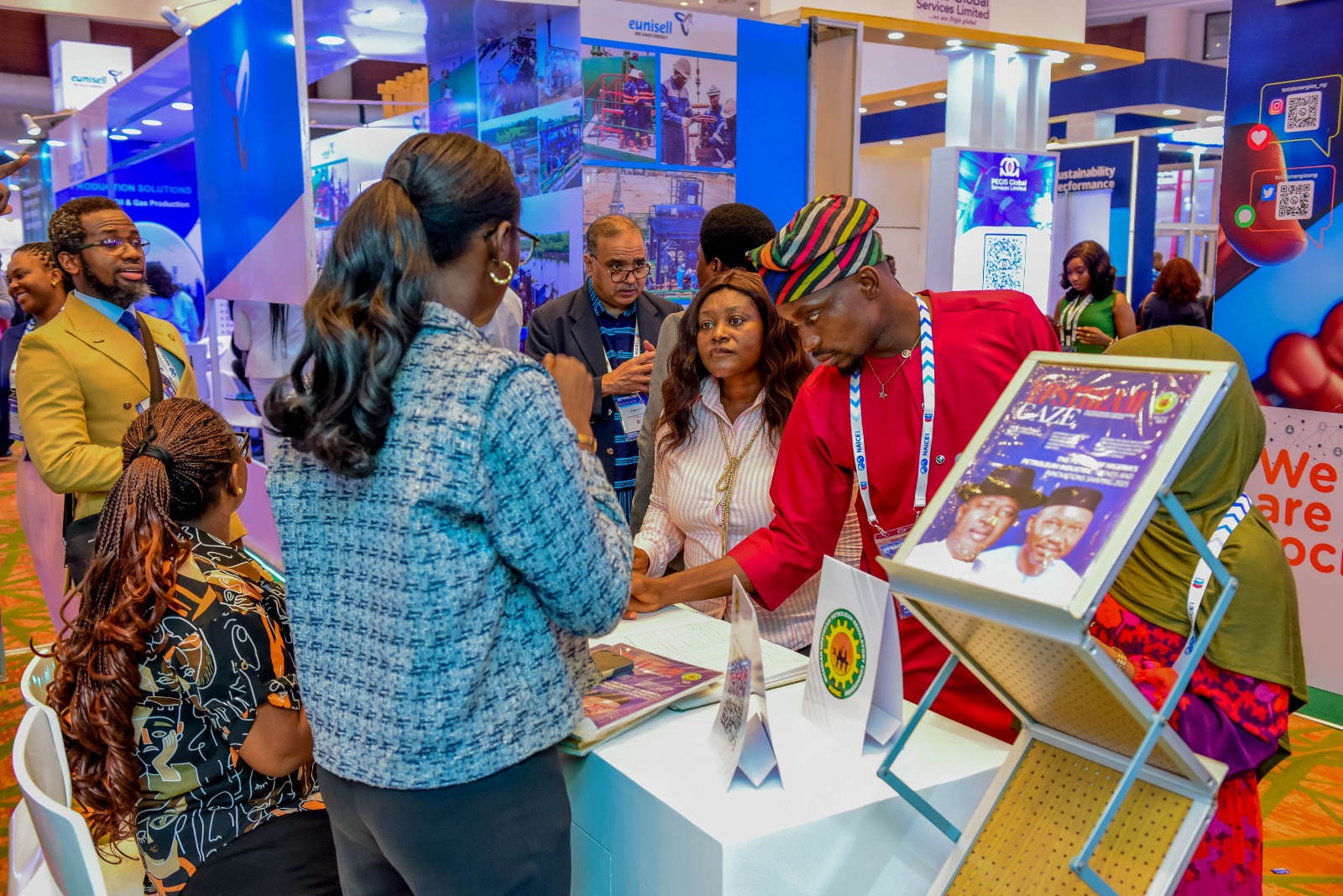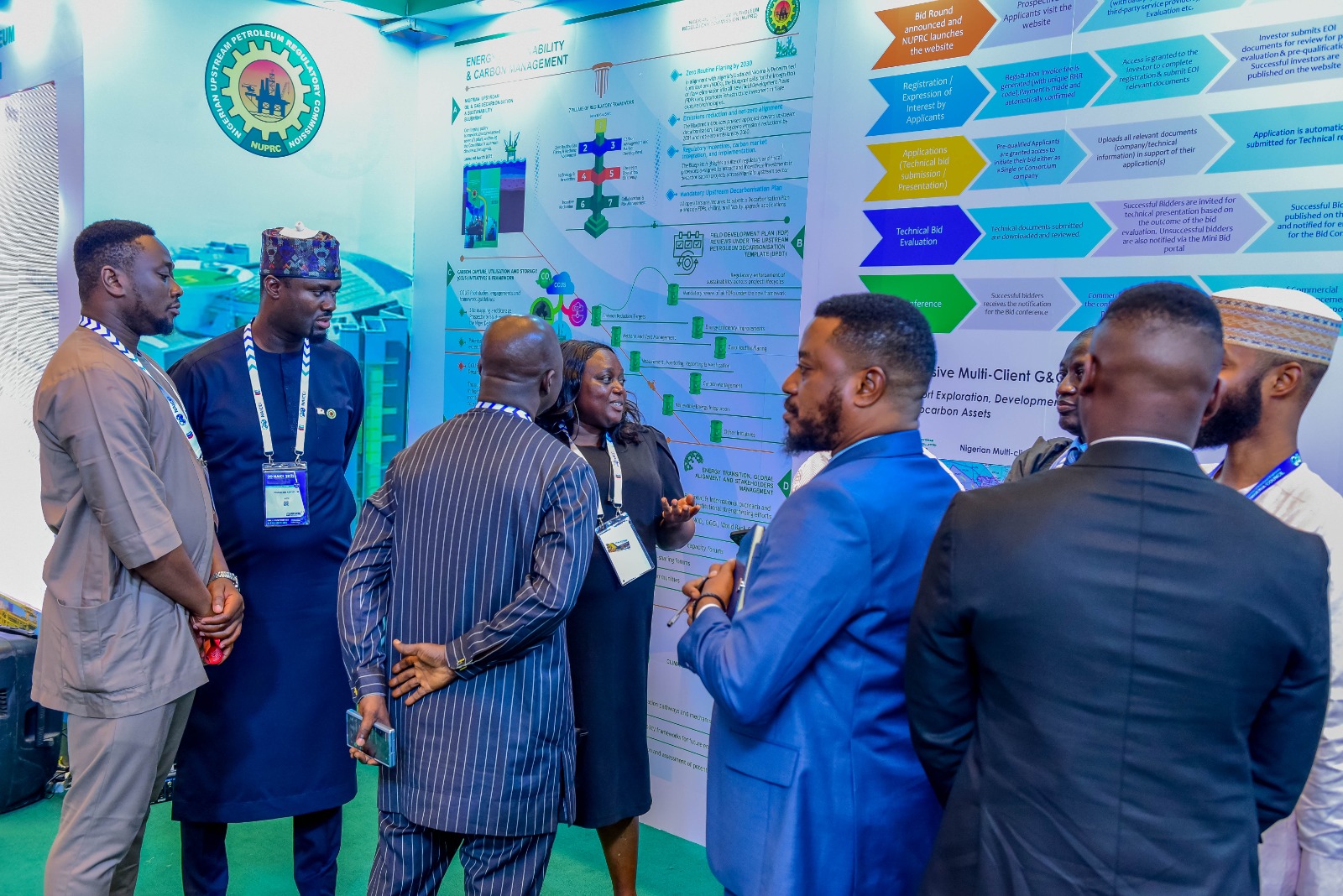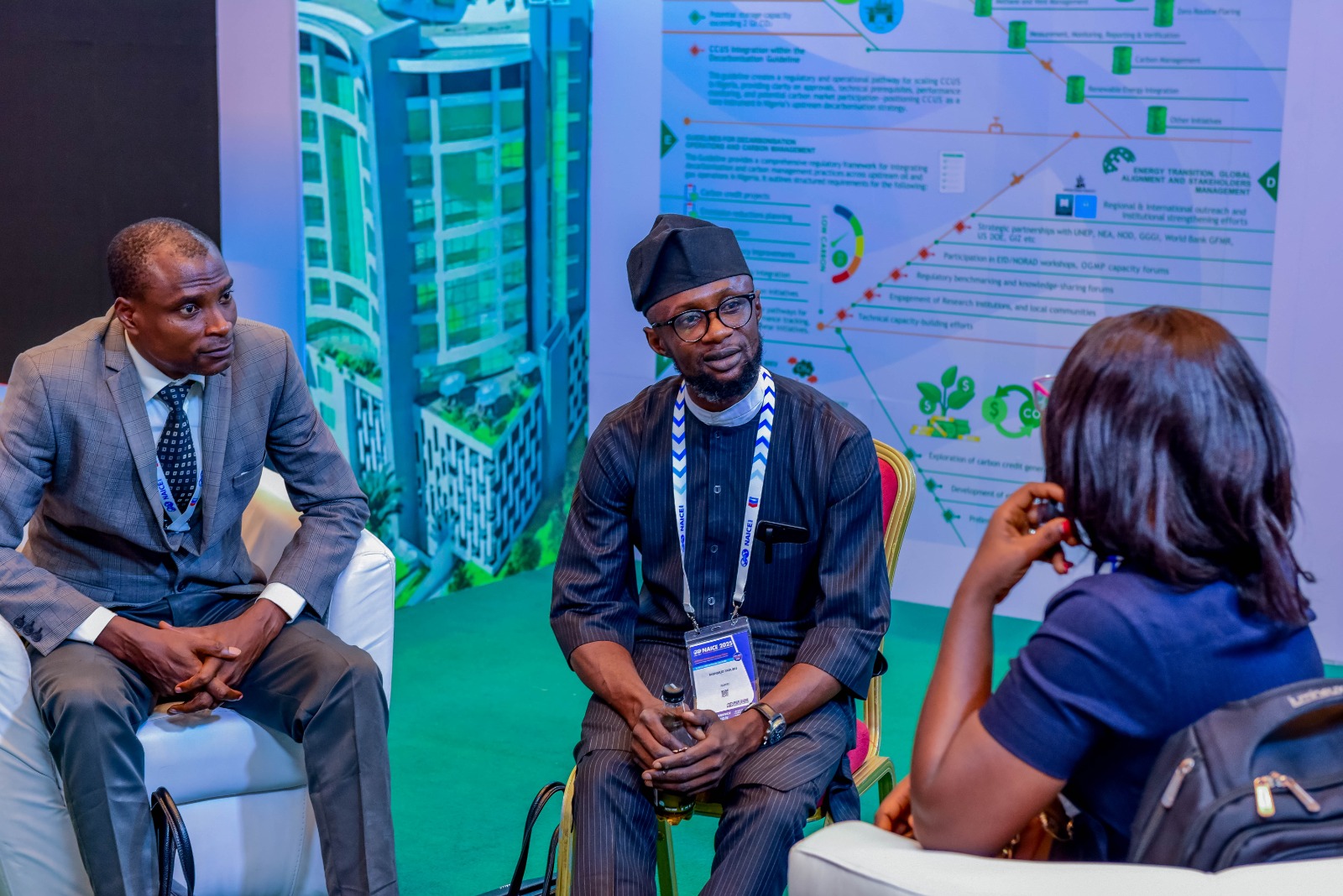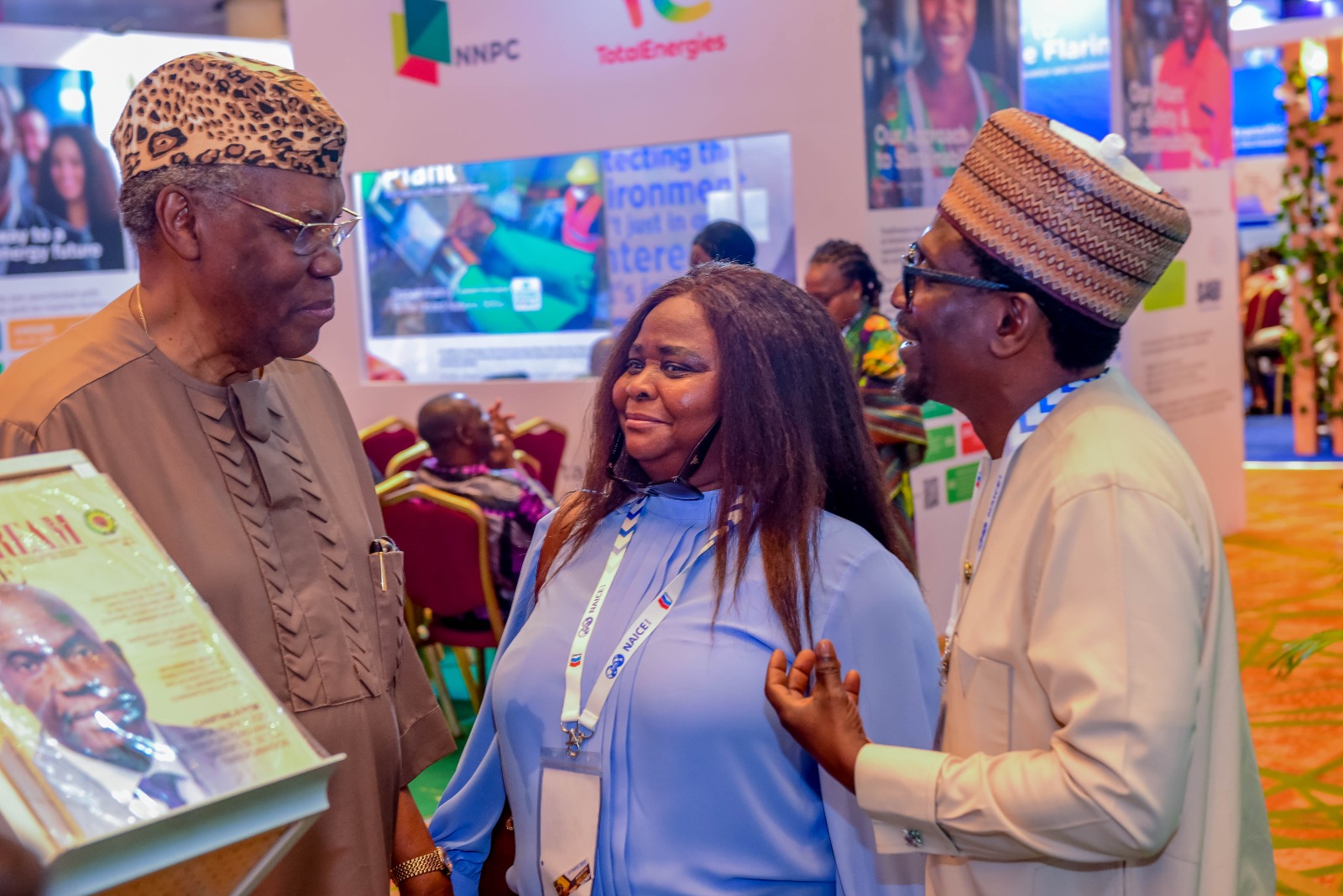The Nigerian Upstream Petroleum Regulatory Commission (NUPRC) made an impactful statement at the 2025 Society of Petroleum Engineers (SPE) Nigeria Annual International Conference & Exhibition (NAICE) in Lagos. Through high level engagements and technical contributions, the Commission showcased its reform agenda, technological adoption, and sustainability driven regulation, all aimed at unlocking the full potential of Nigeria’s upstream sector.
Since the Petroleum Industry Act (PIA) was enacted in 2021, the NUPRC has successfully gazetted 21 key upstream regulations. These cover critical areas such as measurement, safety, gas flaring, decommissioning, host-community development, and domestic gas supply obligations establishing a transparent, investor friendly framework for sustainable sector growth.
The Commission is also digitizing regulatory processes to reduce turnaround times, ensure data integrity, and enhance service delivery. This digital transformation includes the adoption of innovative technologies for exploration, production, emissions tracking, and decarbonization.
To accelerate deepwater and offshore projects, NUPRC introduced a cluster/nodal development model that enables shared infrastructure, joint development strategies, and optimized subsurface frameworks. This initiative also drives local content by encouraging the domestication of technology and local manufacturing. Through its ambitious Project One Million Barrels per Day Initiative, Nigeria’s oil output peaked at 1.8 million barrels per day (Mbpd) in July 2025. In parallel, the Commission is enhancing production efficiency through Maximum Efficient Rate (MER) strategies, including coordinated maintenance and produced water management.
On the climate front, NUPRC launched a seven pillar Upstream Oil & Gas Decarbonisation & Sustainability Framework, aimed at reducing emissions and attracting climate aligned investments. This is backed by enforceable measures such as the Gas Flaring, Venting, and Methane Emissions Rules.
The Commission is also fostering inclusive growth through its Host Community Development Guidelines, which promote community engagement, equitable benefit sharing, and embedded social sustainability within upstream operations.
These far reaching reforms not only enhance investor confidence but also position Nigeria’s upstream sector as a globally competitive and responsible investment destination. Without a doubt, the NUPRC stands out as a catalyst for growth, a driver of innovation, and Africa’s foremost business enabling energy regulator.

